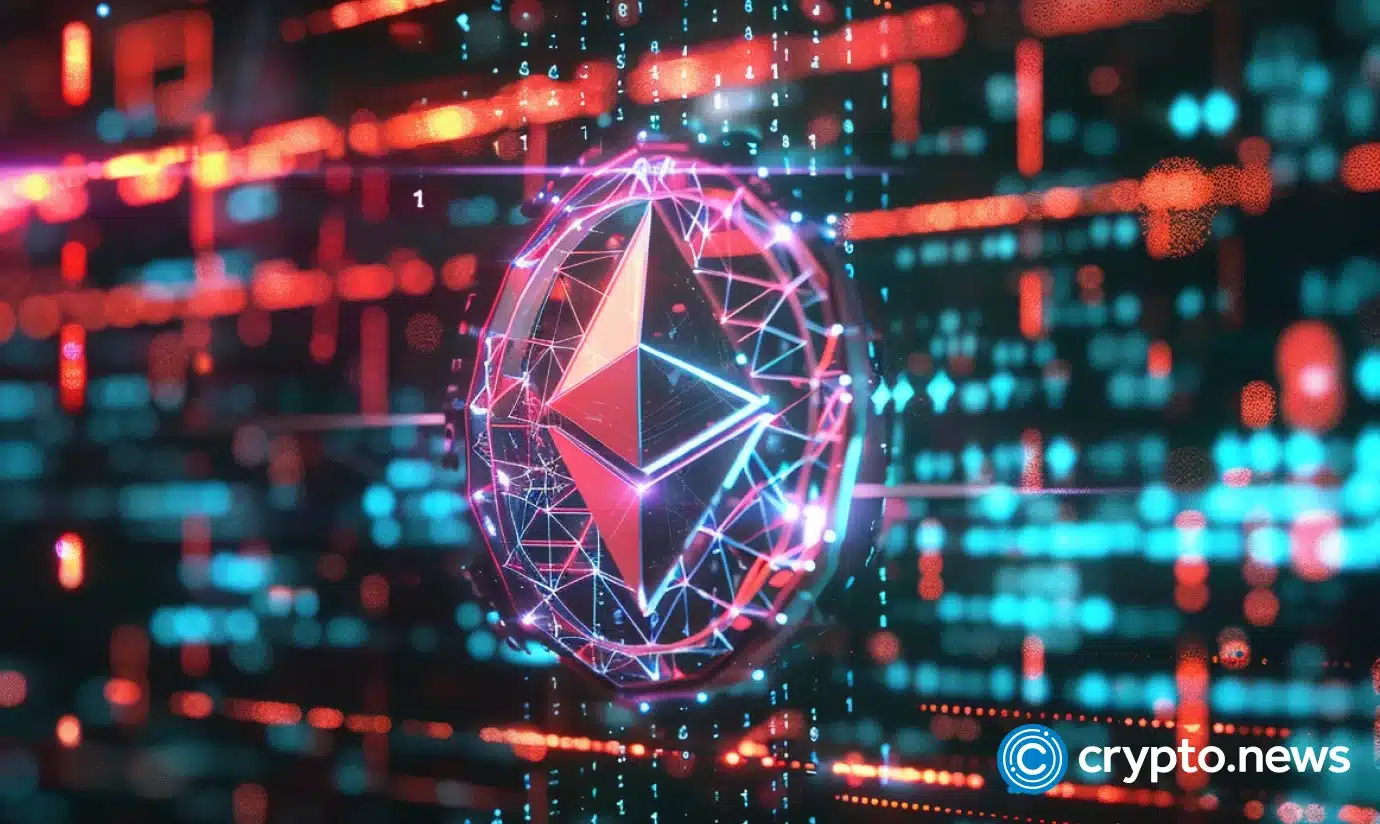The United States Securities and Exchange Commission (SEC) approved spot Ether exchange-traded funds (ETFs) on May 23, but the approval process was different from that of spot Bitcoin ETFs approved earlier in January.
Unlike the spot Bitcoin ETFs, which were approved by a vote from a five-member committee including SEC chief Gary Gensler, the spot Ether ETFs received approval from the SEC’s Trading and Markets Division.
The SEC approved the 19b-4 filings from several major financial firms, including BlackRock, Fidelity, Grayscale, Bitwise, VanEck, Ark, Invesco Galaxy, and Franklin Templeton, but did not provide additional comments beyond the official decision. The filing stated:
“For the Commission, by the Division of Trading and Markets, pursuant to delegated authority.”
While many in the crypto community were perplexed by the discrepancy in the clearance procedure for the two crypto ETFs, Bloomberg ETF analyst James Seyffart explained that it was normal
He noted that many approvals are usually handled similarly, and requiring the SEC to hold an official vote for every decision or document would be impractical. He added that it would have been interesting to see the political alignments if there had been a vote.
Despite Seyffart’s explanation, some remain skeptical. One user on X pointed out that a commissioner could challenge the decision within the next 10 days, suggesting the delegated authority might be used to obscure politically sensitive votes.
Another X user speculated that the SEC’s decision could be influenced by factors such as political pressure, the upcoming elections, and the implementation of environmental, social, and governance (ESG) rules.
The crypto industry celebrated the SEC’s spot Ethereum ETF approval, calling it a “historic move.”
Although the 19b-4 forms have been approved, the S-1 registration statements still need to be processed before trading can begin. This means that the debut of spot Ether ETFs on exchanges could still be weeks or months away, as the issuers await the SEC’s approval of the S-1 registrations.


